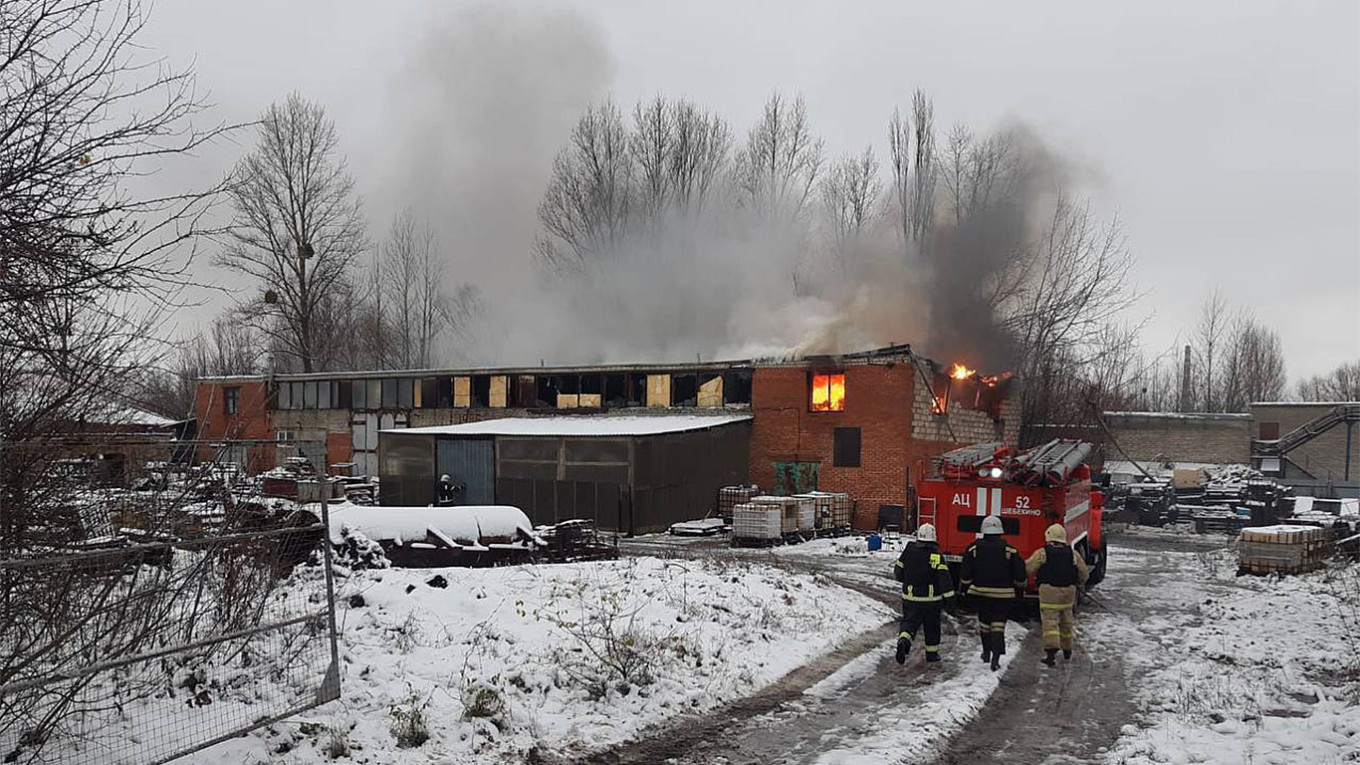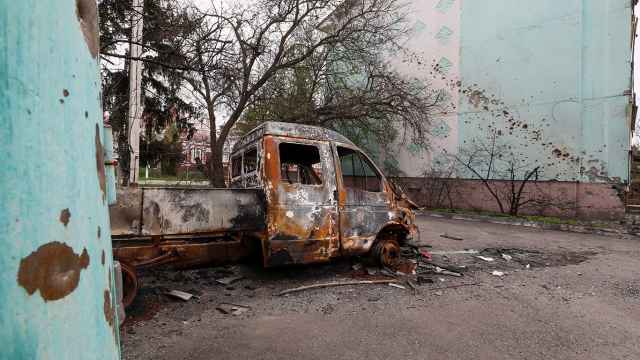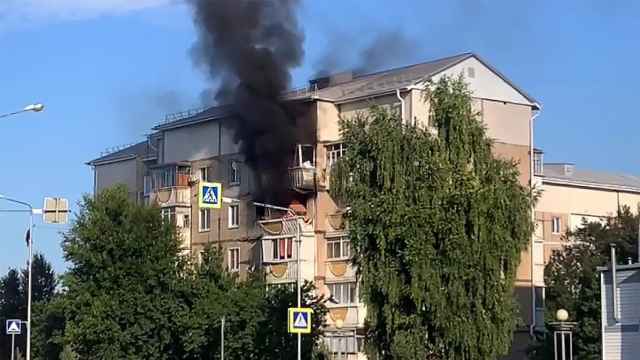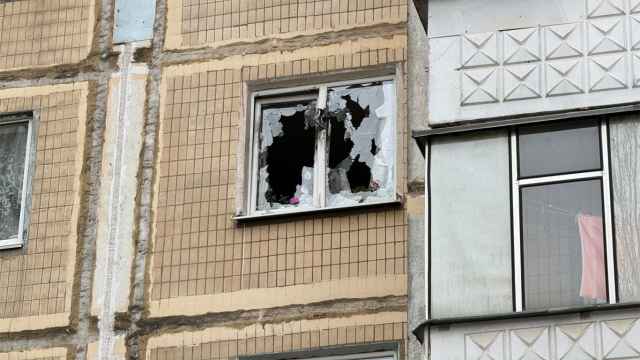Explosions killed three people in two villages in Russia's Belgorod region on the border with Ukraine on Tuesday, regional governor Vyacheslav Gladkov said.
A woman was killed in what Gladkov said was Ukrainian shelling in the village of Shebekino, around seven kilometers from the Ukrainian border in the south of the Belgorod region.
"During the shelling of Shebekino, a female civilian was killed," he said on Telegram.
"She suffered a head injury when she was thrown back by a blast," he added, saying she died in an ambulance as doctors attempted to save her life.
He later added that a married couple has been killed in the west of the region, in the border village of Staroselye.
Gladkov said the couple had been killed by the explosion "of an unidentified type of ammunition."
Law enforcement officers were investigating the case, Gladkov said, "including to find out how this family ended up in the village," which he said had declared a state of emergency on Oct. 27.
The Belgorod region, including the city of the same name, has been hit by shelling several times in recent months.
Russian President Vladimir Putin included the region in a zone of strengthened security in October.
On Monday, Gladkov told the TASS news agency that authorities in Belgorod had been "actively reinforcing borders" since April.
He posted photographs on Telegram of the construction of a "security line" on the border, with what looked like a dugout trench.
Earlier this month, the head of Russia's Wagner mercenary group, Yevgeny Prigozhin, said his organization had started training civilians in Russian regions near Ukraine to form a militia and build fortifications.
A Message from The Moscow Times:
Dear readers,
We are facing unprecedented challenges. Russia's Prosecutor General's Office has designated The Moscow Times as an "undesirable" organization, criminalizing our work and putting our staff at risk of prosecution. This follows our earlier unjust labeling as a "foreign agent."
These actions are direct attempts to silence independent journalism in Russia. The authorities claim our work "discredits the decisions of the Russian leadership." We see things differently: we strive to provide accurate, unbiased reporting on Russia.
We, the journalists of The Moscow Times, refuse to be silenced. But to continue our work, we need your help.
Your support, no matter how small, makes a world of difference. If you can, please support us monthly starting from just $2. It's quick to set up, and every contribution makes a significant impact.
By supporting The Moscow Times, you're defending open, independent journalism in the face of repression. Thank you for standing with us.
Remind me later.






